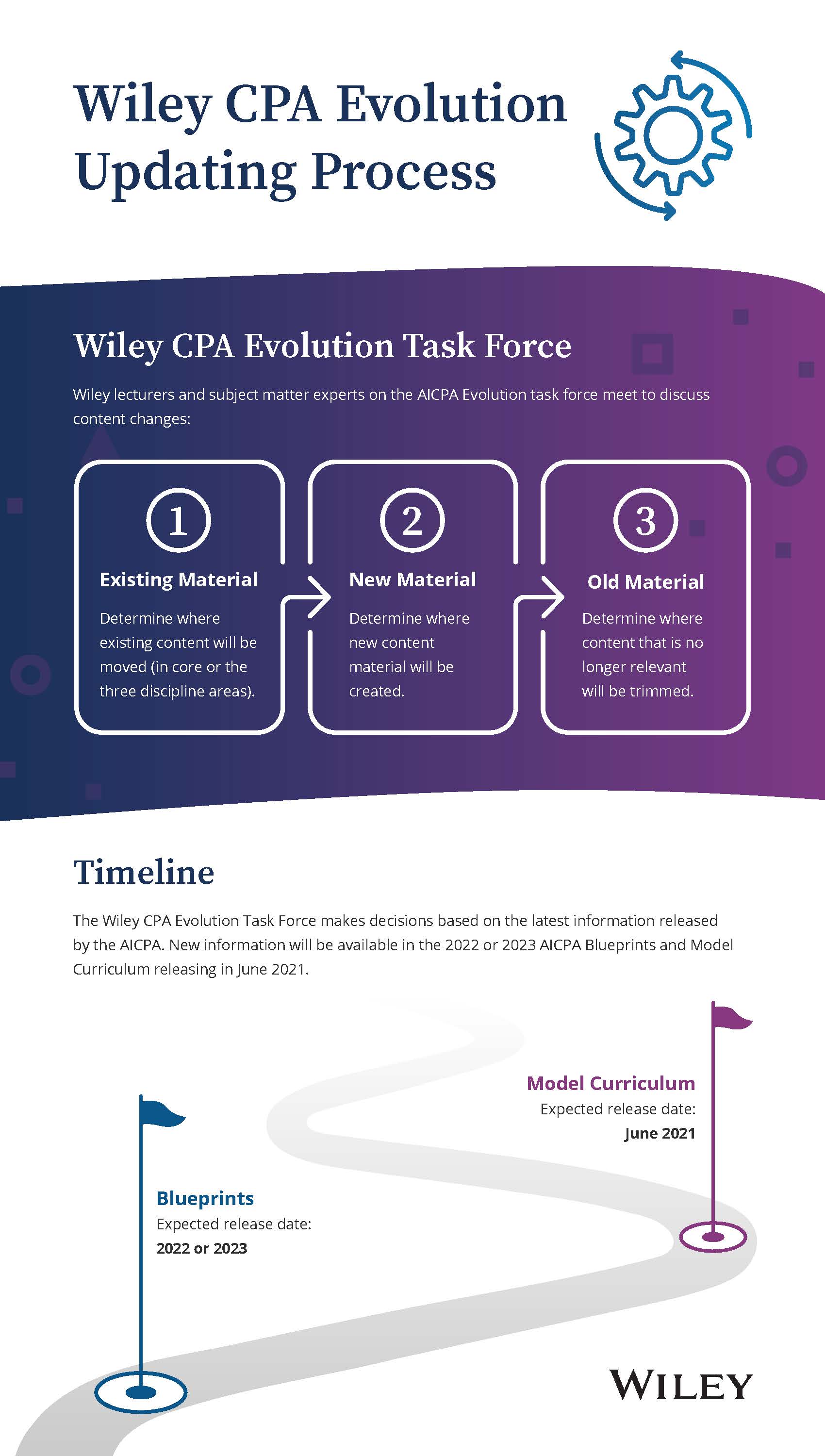10-ways-to-engage-students-in-required-courses
Student engagement can be challenging enough, but how do you maintain student interest in non-major courses? We put the question to educators and these are some of the top strategies they use to get students active and invested.
1. Establish Future Relevance
Don’t be afraid to remind students how the concepts and skills taught in introductory courses are relevant and necessary for success in the major, their future careers, and life in general.
2. Pique Student Interests
Discover student interests by asking questions such as: What is one thing you want to understand when this course is complete? What interests you the most about the subject? If students respond that they just want a good grade, affirm that such an interest is valid, but the best way to a good grade is to put in the work and actively participate in class.
3. Discuss Job Marketability
Suppose you teach a Business Writing course and it is required for all business students. You might hear complaints from students that they’re "numbers people." Explain that "numbers people" who have excellent written communication skills have an advantage over those who do not.
4. Steer Students in the Right Direction
Ask students about their goals. Those who wish to pursue a medical profession, but are disinterested in that complex Anatomy and Physiology course, may not be pursuing the best career. You can help steer students in finding their real passion.
5. Get Students Moving
Activity is an excellent way to keep students’ eyes from the clock and engaged in the course. Group work and discussions are good starting points.
6. Invite Guest Speakers
True life stories told by those who are working in the field provide concrete examples of course relevance. Students may not believe you when you say: “This course is essential for career success;” but when guests visit, the learning gets real.
7. Explain the Big Picture
The why can be just as important as the how when it comes to student engagement. If students understand the big picture, whether it relates to being better world citizens or better professionals, they are more likely to see the value of the course.
8. Content Is Not Always King
Students want to understand why the content is relevant. Content cannot be jettisoned, but adding in a healthy dose of skill building ups the value proposition of doing the work and staying engaged.
9. Teach in Real Time
Our world moves fast with 24-hour news cycles and constant change. Today’s technology is often outmoded in the blink of an eye; political events and their downstream effects touch both the personal and professional aspects of life; Can you find ways to connect your course content to what’s going on outside the classroom?
10. Democratize the Classroom
Break down the wall that separates you from your students; make success a common goal, not just for your students, but also for you as the educator. Try to drop the “you and I,” and start using “we and us,” when addressing your students.
What are some of the ways you keep students engaged in required courses? Share your strategies and tactics in the comments below.
Discover engaging content for any course, any discipline. Browse our catalog.
Image Credit: wavebreakmedia / Shutterstock












